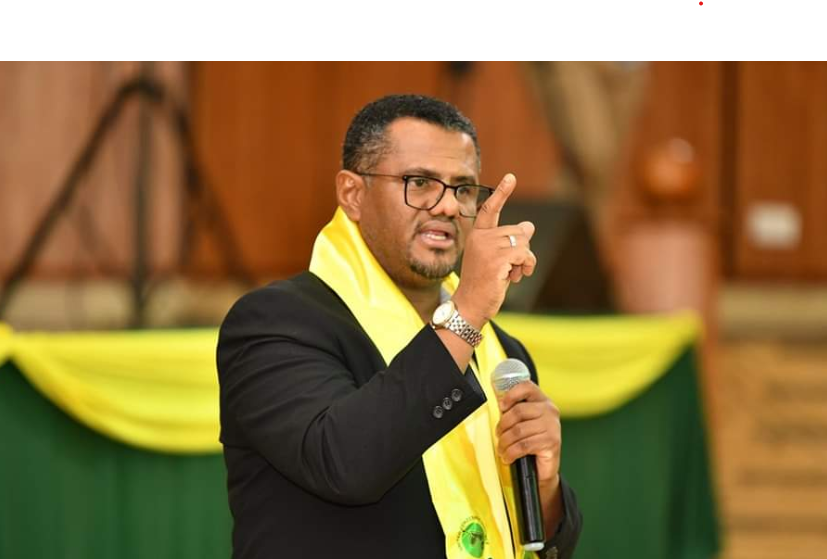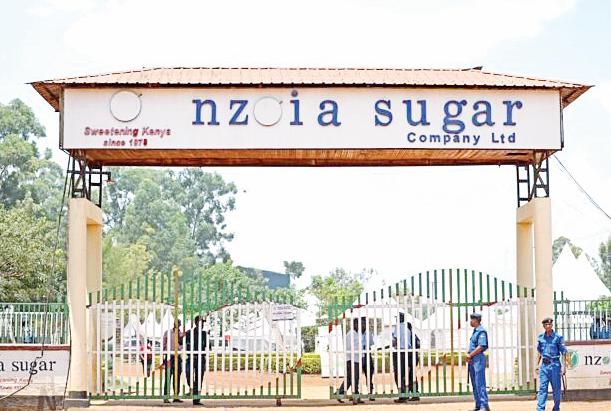Embrace community-based rehab for child offenders, study says

Punishment does not reduce crime or rehabilitate children offenders and the Judiciary should instead make efforts to place children in community-based rehabilitation.
A study by the National Crime Research Centre (NCRC) has also recommended that there is need to divert children’s cases from the criminal justice system, noting that punishment of children by way of institutionalisation should be the last resort.
“To achieve this, there is a need for the Office of the Director of Public Prosecutions (ODPP) to sensitise and encourage the community at large on alternative dispute resolution mechanisms in addition to training the police and prosecutors on alternative deflection pathways of children’s cases from the criminal justice system,” the report states.
The report titled Efficacy and Adequacy of Criminal Justice Agencies in Kenya: The Case of Children in Conflict with The Law recommends that the National Police Service should establish more child protection units and children-friendly holding cells in all police stations to ensure safety and protection of minors.
A child in conflict with the law refers to a child suspected or perceived to have committed an offense outlawed by the law.
The study has revealed that some police stations still detain adults and children in the same holding capacity and recommended that NPS should provide a conducive accommodation environment and child-friendly amenities.
The children undergoing corrective and rehabilitation mentioned that they are faced with psychological distress, trauma, and stigmatisation due to disconnect with family and community.
Borstal institutions
This has been attributed to the fact that the Borstal Institutions and Youth Corrective Training Centres are not decentralised in the country, affecting children’s visitation programmes.
The research recommends that the Kenya Prisons Service should decentralise Borstal Institution and Youth Corrective Training Centre at the regional level or establishment of units in each correctional facility.
Inefficiencies and inadequacy in handling children in conflict with the law were mentioned as a challenge. Among them was a lack of enough logistics, finances, infrastructure, and capacity to handle the training needs of children.
The public officials interviewed and children respondents highlighted the ineffectiveness of some rehabilitation programmes, inadequately skilled staff, and the capacity of children officers to handle the specific needs of children in conflict with the law.
As a result, it has been recommended that the Department of Children Services should recruit additional children officers, build the capacity of the officers, and diversify vocational training needs.
The study established that many members of the public were not aware of the Victim Protection Board, Witness Protection Agency, Borstal Institutions, and Youth Corrective Training Centre, including their roles in handling children in conflict with the law.
Various actors
“As the agency between the criminal justice system and community members, the National Government Administrative Officers should prioritise and enhance public awareness on the roles of various actors/agencies in facilitating access to criminal justice,” the report states.
Most respondents cited a lack of skills by some officials coping with children in conflict with the law and the National Council on the Administration of Justice (NCAJ) should enhance the capacity of the officials in criminal justice agencies.
The study also established that there are delays in children’s case processing, hampering justice delivery. To address this challenge, it is imperative to dedicate children’s sessions during the court user committee (CUC) as a way of promoting synergy among the criminal justice actors.








